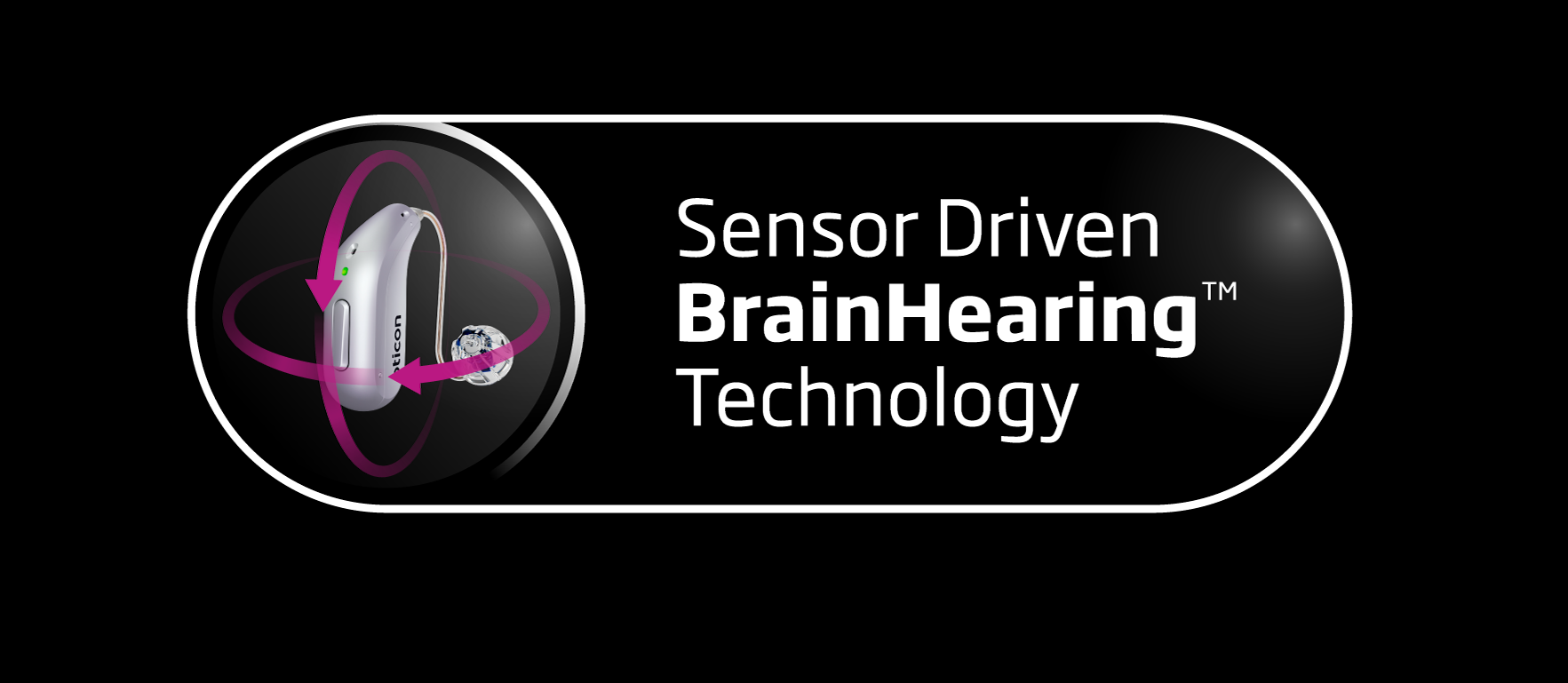National Alzheimer’s Disease Month

National Alzheimers Month

No one knows your family like you do. So, you will most likely be the first to notice small changes in their cognition. It is an awkward place to be. You want to help your parent or loved one but at the same time not offend them. It isn’t uncommon for loved ones to react in frustration, anger, or fear when discussing cognitive decline. Here are a few tips to consider before you voice your concerns with your loved one.
Have a plan.
Before the conversation begins, make sure you have a plan or recommendation for your loved one. Most people start by contacting their primary care doctor with concerns. At The Tinnitus and Hearing Center of Arizona, we also begin with primary care when there are concerns about cognition.
According to
A Place For Mom, here is a list of things to write down before they visit their primary:
- When the behavior first started
- Symptoms noticed
- How often do they struggle, and when it happens
- Changes to their regular routine or behaviors
At The Tinnitus and Hearing Center of Arizona, we can definitely be part of your plan as you and your loved one goes through this difficult journey. Our kind and compassionate team is here to rule out hearing loss as a contributing factor.
How you say it matters
Remember that saying, “it’s not what you say; it’s how you say it.” This phrase is a good one to remember when conversing with someone who is showing signs of cognitive decline. Depending on their stage of cognitive decline, they may not remember the specific issues you are trying to bring to their attention. Still, they will remember how you presented the idea of getting help.
We have also found it helpful to allow for pauses in the conversation. Breaks in conversation allow time for our patients or their loved ones to process and tell us their concerns. Pauses in conversation are also helpful for family members and may encourage more discussion.
Routine Evaluations
It is well-known that there is an association between cognition and hearing loss. If you are concerned about your loved one developing cognition issues hearing loss is something that we feel is very important to rule out. Make sure that when you schedule a visit with your primary care provider, you also remember to schedule a routine hearing evaluation.
Get Support
A diagnosis of any cognitive disorder is a life-changing event. It is not uncommon for our patient’s loved ones to comment that they receive support too. According to Alzheimer’s Association, there is a 24/7 hotline. To talk with a dementia expert, now call 1-800-272-3900.
Source:
8 dementia symptoms and what to do. A Place for Mom. (2018, July 5). Retrieved October 18, 2022, from https://www.aplaceformom.com/caregiver-resources/articles/dementia-symptoms-to-track
Home. Alzheimer's Disease and Dementia. (n.d.). Retrieved October 18, 2022, from https://www.alz.org/











